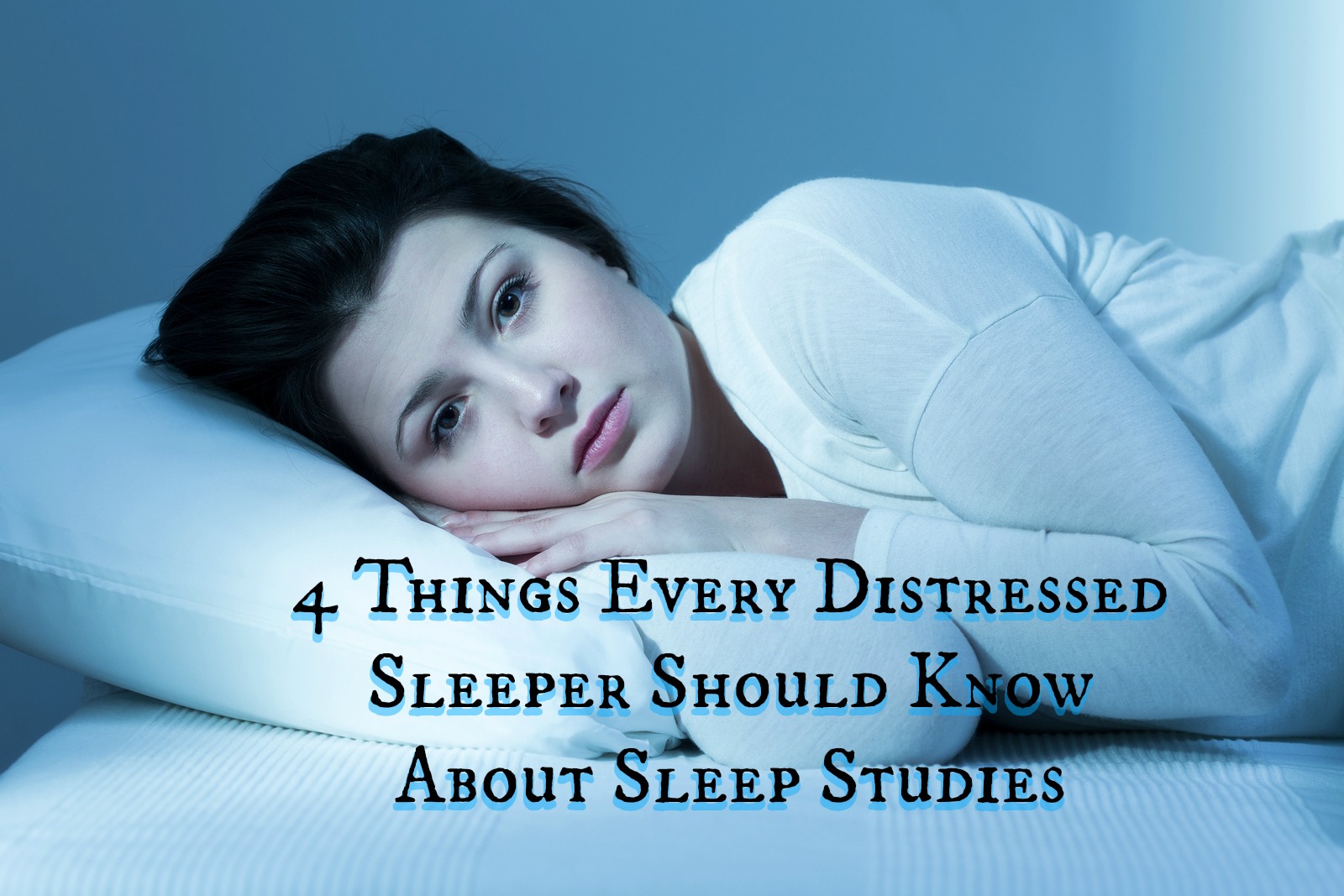4 Things Every Distressed Sleeper Should Know About Sleep Studies
Sleep is a necessity to live a life filled with health, energy, and happiness. If you frequently feel like you are lacking in adequate rest or suffer from regular sleep disturbances or disruptions, then sleep might begin to feel more like a distant luxury than a needed, nightly activity.
There are an array of effective solutions for treating sleep issues, but the core reasons for your sleep deprivation must be identified before they can be treated. Participating in a sleep study can be a very valuable exercise to determine if an underlying sleep disorder is causing the diminished quality of your sleep.
Here are four important things you should know about sleep studies if you experience chronic sleep problems:
- What is a sleep study?
A sleep study is a series of assessments and tests designed to record everything that is happening to your brain and your body as you sleep. Sleep studies help determine if any underlying issues or sleep disorders might be causing you to lose sleep frequently. They can also measure the duration of each sleep cycle to ensure that you are spending enough time in both REM and non-REM sleep cycles, which are both vital to refreshing your body and mind at night.
According to WebMD, there are three common types of sleep studies: Polysomnogram, Multiple Sleep Latency Test, and Maintenance of Wakefulness Test.
Polysomnogram
During a Polysomnogram, you’ll sleep wearing several sensors that will all track various body functions and activities, including:
- Brain activity
- Eye movement
- Oxygen levels
- Heartrate
- Snoring
- Muscle movements
Multiple Sleep Latency Test (MSLT)
The MSLT records how long it takes you to fall sleep, and measures the duration of each sleep cycle.
Maintenance of Wakefulness Test (MWT)
The MWT measures how alert you are during a normal waking time, and ascertains if you can stay awake.
- How do I know if I would benefit from a sleep study?
There are many reasons that can contribute to lost sleep. However, according to Healthline, if you experience any of the following symptoms several times a week, for months at a time, then you may be suffering from a sleep disorder and would be a good candidate for a sleep study.
- Trouble falling asleep or staying asleep long enough each night to feel adequately rested
- Frequent disruptions or disturbances that diminish the quality or duration of your sleep
- Excessive daytime drowsiness, despite having slept the previous night
- Snoring loudly and often
- Waking up gasping for air
- Sleeping restlessly
- Are there any side effects or risks associated with sleep studies?
There are not any serious side effects or risks associated with sleep studies. According to the Mayo Clinic, sleep studies are generally painless and issues or procedural complications are extremely rare. The most common side effect experienced by sleep study participants is mild skin irritation where sensors were placed on their head and body for the tests.
- Can a sleep study really help improve my health?
Sleep studies are designed to monitor your brain and body functions that occur while you’re sleeping, and help identify if you are suffering from any type of sleep disorder. A sleep study itself will not make you feel better or start sleeping peacefully again. However, the results of a sleep study can aid you in the creation of a treatment plan, which may include any combination of medication, sleep habit modification, or therapy.
A sleep study helps find the culprit of your lost sleep, but it is regular, healthy, quality sleep that has drastic impacts on your physical health and mental well-being. Sleep deprivation has been linked to illness, disease, obesity, and mental health problems. So, a sleep study is a stepping stone to helping you get the sleep you need to maintain your health and better your lifestyle.


